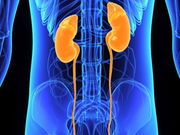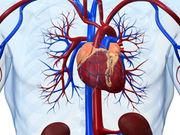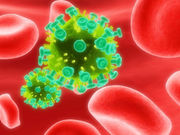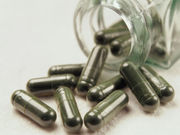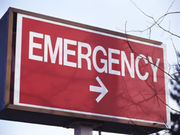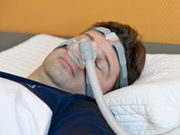Financial Toxicity Is a Relevant Cancer Outcome Measure
Health-related quality of life correlated with financial toxicity in cancer patients
Considerable Absenteeism Costs for Chronic Disease, Risk Factors
Considerable costs for smoking, physical inactivity, obesity, and for those with hypertension, diabetes
Certain Factors Predict Repeat ER Visits for Ureteral Stones
Younger patients, having proximal stones, needing IV narcotics more likely to return
SHBG, Total Estradiol Linked to Type 2 Diabetes in Women
Higher risk of T2DM with low levels of sex hormone-binding globulin, high levels of total estradiol
Spironolactone Benefits Exercise Tolerance in HFpEF
Improvements in exercise capacity, anaerobic threshold, and oxygen uptake efficiency
Considerable Economic Burden for Vaccine-Preventable Diseases
Economic burden estimated at about $9 billion in 2015 for adults ages 19 years and older
HBV, HCV Coinfection Ups Non-Hodgkin Risk in ART-Treated HIV
Increased risk for NHL for HIV-infected patients receiving ART with chronic coinfection with HBV, HCV
Herbal, Dietary Supplements Cause One-Fifth of Hepatotoxicity
Major implicated agents include anabolic steroids, green tea, multi-ingredient nutritional supplements
ER Visits, Wait Times Up for U.S. Psychiatric Patients
One in five emergency doctors report waiting at least two days for a bed for a psychiatric patient
CHEST: Odds of Certain Post-Op Issues Up With Sleep Apnea
Tied to higher risk of postoperative atrial fibrillation, venous thromboembolism









